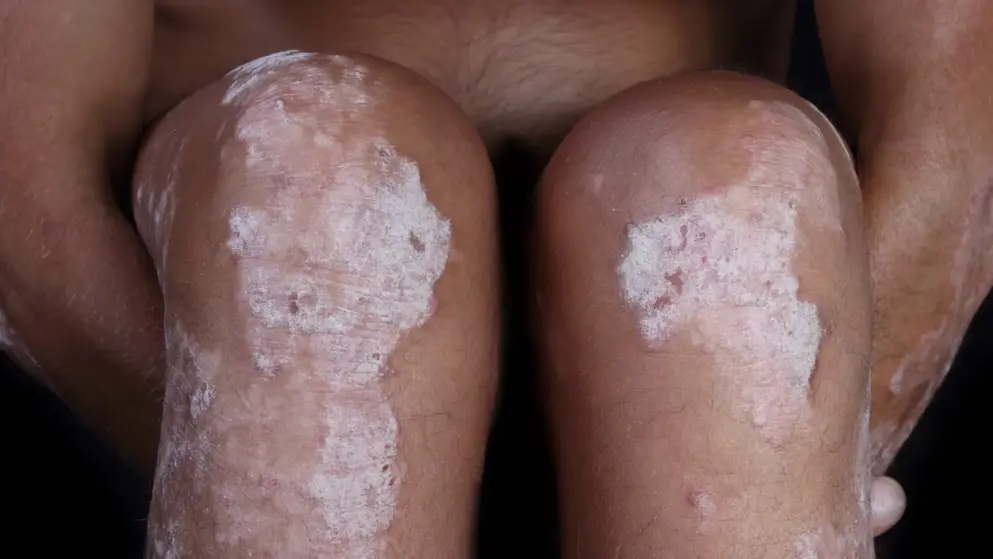News
Long term and post-hoc analyses of Taltz shows efficacy in psoriasis.- Eli Lilly
Eli Lilly announced it will share new Taltz (ixekizumab) data from multiple long-term and post-hoc analyses that indicate sustained efficacy in patients with psoriasis. Notably, Lilly will share results from the extension period of UNCOVER-3 demonstrating five-year sustained efficacy of Taltz in patients with psoriasis in treating challenging body areas, such as the scalp, nails, palms and soles. Taltz demonstrated sustained efficacy in adult psoriasis patients with baseline scalp, nail and palmoplantar (skin on the palms of the hands and soles of the feet) involvement with the following results at five years (Week 264): Complete clearance: With Taltz, 83%, 73% and 89% of patients reported complete clearance in scalp, nail and palmoplantar psoriasis, respectively. Mean percent improvements: Patients reported mean percent improvements of 89%, 88% and 95% from baseline in scalp, nail and palmoplantar psoriasis, respectively. In the UNCOVER-3 study, adult patients were initially randomized across four treatment arms to receive placebo, Taltz 80 mg every two weeks or every four weeks following an initial dose of Taltz 160 mg, or etanercept (marketed as Enbrel) 50 mg twice weekly in the 12-week induction period. At Week 12, eligible patients entered the long-term extension period and received the FDA-approved dose of Taltz for psoriasis – 80 mg every four weeks. This analysis examines the patients who received the label-approved dose of Taltz. For these patients, Psoriasis Scalp Severity Index (PSSI), the Nail Psoriasis Severity Index (NAPSI) and/or the Palmoplantar Psoriasis Area and Severity Index (PPASI) were assessed through 264 weeks. In the UNCOVER-3 study, the safety profile of Taltz over five years remained consistent with previous reports, with no unexpected safety outcomes and no new adverse events. The majority of the treatment–emergent adverse events (TEAEs) were mild to moderate in nature with nasopharyngitis and upper respiratory tract infection the most frequently reported. These studies will be presented at the 29th annual European Academy of Dermatology and Venereology (EADV) Congress, taking place virtually October 29-31, 2020.
Condition: Psoriasis
Type: drug


